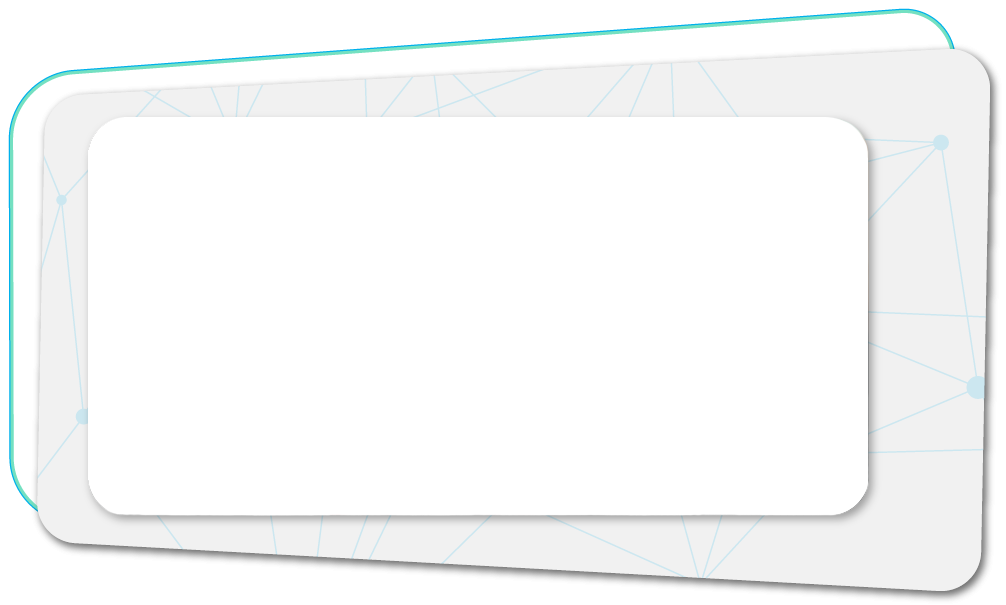Datagraphic’s Glyn King looks at the scope and limitations of using payroll software as an employee communications tool.
In payroll, we often interpret new legislation and company changes: now more than ever! We have to turn complex subjects into clear and concise documents and deliver them to all employees in a short space of time. But, what’s the most effective way to deliver these communications?
Using payroll software as a communications tool
Payroll software is vital for data capture, calculations and reports. We all rely on it to help pay people accurately and on time. It contains a wealth of data that with the right help can output information which employees will value. But, is your payroll software able to automatically create and distribute employee documents across many different digital and print channels?
Employees want instant and easy access to payroll and HR information including payslips, P60s, reward statements and pension documents. They want a personalised experience, through a channel of their choice: be that their mobile, work computer or printed documents in the post.
In my experience, most payroll systems are not great communication enablers. They hold data that’s ideal for employee communications, but present barriers in distribution:
- Email is the only option for online communication
It still surprises me, with GDPR responsibilities, that emailing employee payslips and other payroll documents is the only option from some systems. The latest CIPP Payslip Statistics Comparison Report found 32% of respondents email payslips.If this is the case for you, consider a third-party solution that can work with your existing payroll software, but take the data and securely deliver your payroll documents online.I’ve always had a strong opinion that email (even password-protected) is not a secure way of sending employee communications that contain personal and financial information. And my advice is that it’s just not worth the risk. - Online communication is too expensive
Many payroll and HR systems have a licence fee per employee to use communication modules or functions. This includes access to online documents such as payslips.This cost model can be difficult to make a business case for if sections of your workforce only need system access to view their documents online. Instead, what often happens is that certain employees (such as office-based staff) are licensed and everyone else has to ‘make do’ with print. It’s fragmented, doesn’t offer employees choice and creates a two-tier feeling in the workforce. - Online documents only accessible inside the company network
Recent times have highlighted the need for employees to access information from anywhere. We’ve had to adapt our working practices and we’ve seen the importance of communicating to our employees and being able to reach them wherever they might be.Yet many employees find they can only access their payroll and HR documents when they are inside the company network. This isn’t helpful when they need access at home or on-the-go.Payroll teams I work with want to play their part in helping deliver a better employee experience. They want to make sure all documents they communicate – whether online or in print – are accessible from anywhere, at any time. It’s achievable and can be done securely, so it’s time to think again about remote access for employees.
- Only certain documents can be presented online
HR and payroll software that presents payroll documents online tend to be limited in the documents types they offer. Payslips and P60s are the most common documents shown online. But what about P45s, P11Ds, timesheets, reward statements and pension communications?Employees want to be able to access all their payroll and HR documents in one place. It’s important you find a communications partner or tools to help you deliver that complete employee experience. - The print is forgotten
In recent years, software providers have stepped up their digital offering, but it’s important not to forget about your employees’ preferences. Our motto at Datagraphic is to think ‘digital-first’, not ‘digitally-exclusive’.Is your payroll software able to identify those employees who want print and those that want online? And then able to securely produce and deliver documents through these channels?
Key take away
My key take away is that yes, payroll software is vital, but it’s not a powerful communication tool. So why not use something that is?
There are third-party solutions, like Datagraphic’s Epay, that work with existing payroll software to present employee data as engaging documents that can be presented online or printed. And for the best bit, they can be used with your existing software. Often in a matter of weeks, so no lengthy software change projects, no capital costs and no license fees.


